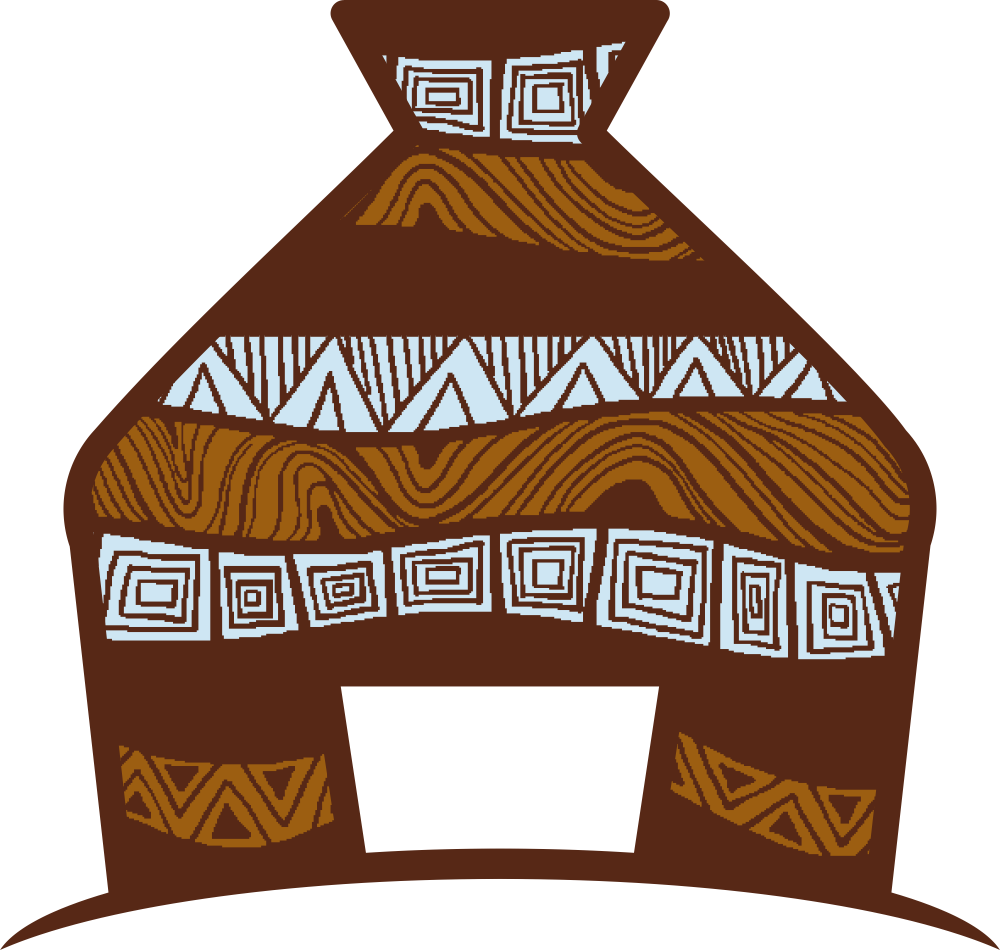Alexandra Maduagwu is a non-binary creative who seeks to create meaningful experiences. They’re a performer, creative entrepreneur, storyteller, and human rights advocate. After graduating from the University of Nigeria, Nsukka, they worked in administration in the literary and art spheres and are now on a path to telling SOGIESC focused African stories.
In 2018, they cofounded JuJu Panafrican Limited, a cultural entity creating a community of socially conscious people through engaging content, Afrocentric handcrafted fashion, and memorable experiences.
Alexandra has worked with The Initiative for Equal Rights in Nigeria (TIERs) as a paralegal and spoken on panel discussions about Gender-Based Violence, Self-love, and Gender Identity and Expression. They were also featured in Defiance, a documentary about people from a new generation of Nigerian queer folk fighting for visibility and representation.
Victoria: What is Storytelling?
Alexandra Maduagwu: Storytelling for me means, telling stories of the human experience through writing, film, spoken word, readings and art.
Victoria: Why was music and storytelling important in African societies?
Alexandra Maduagwu: Music and storytelling both have documentation and the preservation of cultures and traditions in common. Through music and storytelling, Africans have not only identified experiences to be made into stories, but managed to pass on these stories for generations. In a nutshell, music and storytelling are two of the pivotal tools required for the preservation of our diverse cultures. Thus, why I consider artists to be custodians of culture.
Victoria: Who is a griot?
Alexandra Maduagwu: Wikipedia defines a Griot as a member of a class of travelling poets, musicians, and storytellers, who maintain a tradition of oral history in parts of West Africa.
Victoria: Are griots still present in Africa?
Alexandra Maduagwu: I’m not sure about their continued existence in the traditional form, but going by the definition, I’d say they may have evolved into the community of poets, writers, spoken word artists and other wordsmiths which we know today.
Victoria: How can one keep the tradition of African Storytelling alive?
Alexandra Maduagwu: As a millennial-creative, I’d say my role in keeping African storytelling alive is to keep creating. I intend to keep honing my craft while keeping my heart open to experiences – mine or my community’s – experiences that deserve to be documented for other people to see and learn from.
Victoria: Share how your adventure into propelling African arts and culture has been (especially as regards ArtXJuju).
Alexandra Maduagwu: It’s been an interesting journey so far. I’ve been kept on my toes because having come from a biochemistry background to work in the literary community; I’ve had to do a lot of catching up. Before the footing became solid, I changed to another sub sector of the creative industry–Art. The common thread in both sectors has always been the wondrous ability of humans to tell the most beautiful stories in various forms. JuJu in particular, has been an eye opener for me and my team because we’ve had to do a lot of research and also ask controversial questions that gave us a little insight into how much history was being neglected. Telling African stories feels like rediscovering forgotten treasure, because with each project we take on, hidden gems that make us feel more assured of ourselves and more confident of our identities are discovered.
Victoria: Tell us about ArtXJuju.

Alexandra Maduagwu: JuJu is a cultural entity, creating a community of socially conscious people, through engaging content, competitive afro-centric, handcrafted fashion, and memorable experiences. JuJu weighs in on cultural relevance by touching Africans where they hold the most sentimental ties–their history. At Juju, we aim to drive discussions about African heritage and the effects of colonialism on African heritage by providing carefully researched, educational and creative content and by also creating stylish, unique products people can wear and use in everyday life. We operate a hybrid business model, consisting of; manufacturing, merchandising and service business types to bring our customers the experiences they value and desire.
Victoria: Do you believe that to travel far in the knowledge of African History and Storytelling, one would have to become more spiritually inclined and archaic in thinking?
Alexandra Maduagwu: I think the fountain of creativity stems from different places, for different people. Some find inspiration by connecting with a higher being god or self, while others find it in the barest, most seemingly mundane activities. I don’t think there is a manual for how best to find inspiration.


